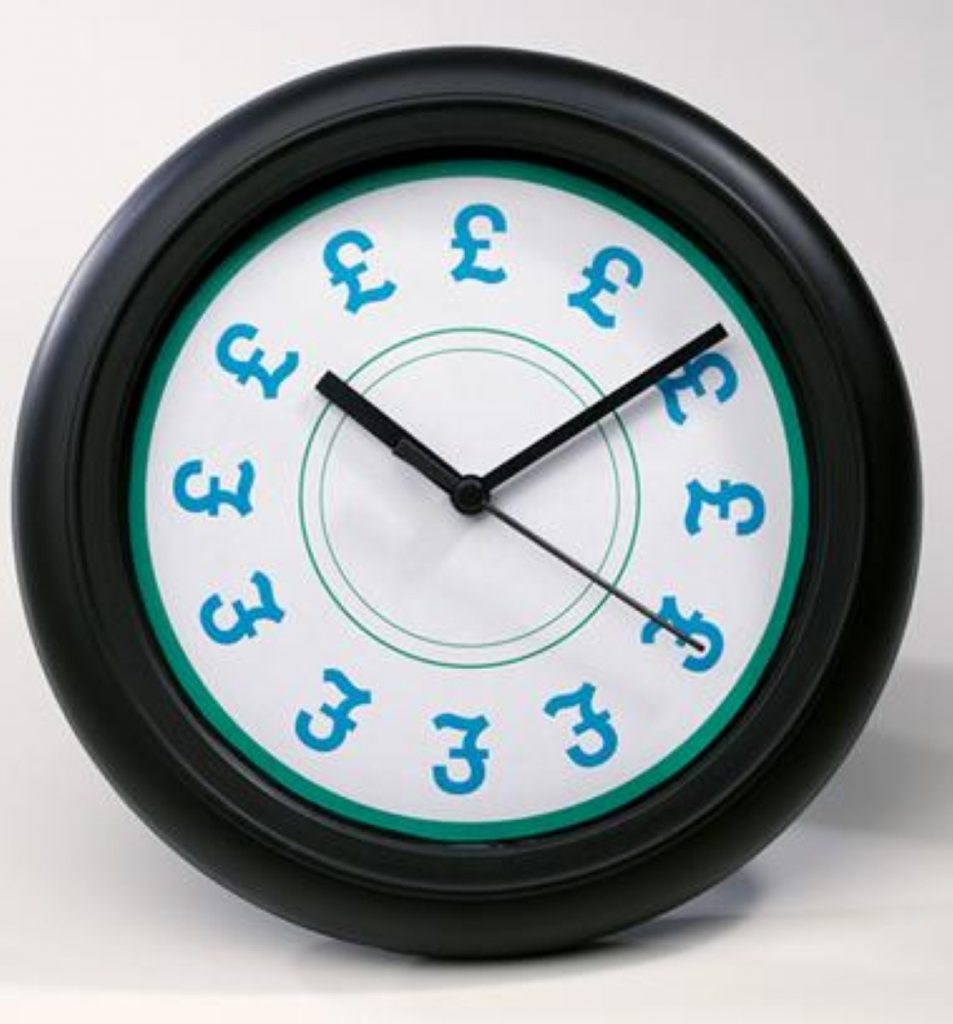MPs reject expenses report
MPs have rejected a report on expenses compiled by their own independent review, headed by Michael Martin.
They struck down proposals for an external audit, replacing it with an internal body, and rejected calls to get rid of the John Lewis list, whereby they can claim expenses on their second home.
The existing form of housing allowance will continue as it does currently.
MPs also accepted a modest 2.25 per cent pay rise.


It is the last time MPs will vote on their own salary. Future decisions will be made by a salaries review body.
Many MPs wanted that mechanism to be considerably more generous in the future, but they were overruled by those who voted for a more moderate increase later.
One of those amendments specifying how future pay rises would operate was defeated by 155 votes to 196.
MPs also voted against a second amendment by 141 to 216. This amendment would have given MPs a very generous future system for their salaries which took into account expenses and allowances.
Both amendments would have given them annual pay rises of up to 4.4 per cent.
A £650-a-year ‘catch up’ payment, backed by speaker Michael Martin’s independent review, but opposed by ministers, was also rejected.
The vote comes as members of the Commons debate their expenses system.
The amendment proposed pay restraint this year but above-inflation top-ups in future to make up for it. Gordon Brown thinks restrain in MPs pay will show a good example to public sector workers, where pay rises are pegged to around two per cent.
Labour and the Liberal Democrats are allowing a free vote on the issue. The Conservatives will not be whipping their MPs although the front bench adopted the government line against any rise on MPs’ pay.
The debate is also considering various options proposed by the Commons’ members estimates committee for auditing, inspecting and controlling MPs’ expenses. In addition to those changes, however, the report did allow for a rise in MPs salaries.
It is headed by speaker Michael Martin, who is himself embroiled in controversy over his finances.
Matthew Elliott, chief executive of the TaxPayers’ Alliance, said MPs should bear in mind public concern over MPs expenses during the debate.
“The Speaker’s attempts to keep expenses details secret has brought a cloud of suspicion over the whole Commons. The only way to dispel that cloud is to introduce full transparency not just for the second homes allowance, but for offices, transport and staff.
“Similarly, with ordinary people struggling to make ends meet it would be deeply inappropriate for MPs to increase their pay or allowances.”
If the proposals are adopted, the existing system would basically continue but auditing would be tightened up. External auditors would be brought into parliament to check each member every four or five years with the National Audit Office doing occasional spot checks.
MPs would have to deposit staff contracts and job descriptions with the Department of Resources.
But there would be a ban on claiming expenses, the same expenses which saw Tony Blair spend over £6,000 on a kitchen in the same month as he sent troops to war in Iraq.
Expenses, however small, will now have to be backed up by a receipt – the previous threshold being £25. However, this only relates to additional costs/second homes allowance.
The review of MPs’ allowances followed from the controversy over Tory MP Derek Conway, who paid his son to do parliamentary work out of taxpayers’ money despite him being rarely seen in the office.
But the review itself has come under sustained criticism, with calls for it to be run by an independent body and allegations about Mr Martin’s extensive use of expenses.
The debate comes at the same time as the Electoral Commission said government proposals for party financing reform would compromise its independence.
Sam Younger, chairman of the commission, said he was satisfied with the greater power the government’s white paper on party financing and expenditure gave the commission, but objected to requirements that it should have four commissioners, three of which are picked from the mainstream political parties and one from more minor parties.
“We are pleased the government has accepted our argument to strengthen the Commission with wider powers and more flexible sanctions,” Mr Younger said.
“Whilst we agree that it is important for the Electoral Commission to have access to recent direct experience of political parties, this must not be done at the expense of our independence. The commission has always consulted with political parties and our proposal to enhance the current arrangements with parties will address concerns on this front without jeopardising confidence in our independence.”
Party financing has been near the top of the political agenda since the cash-for-honours affair. It is even more prescient now as the Labour party clings to the union Unite to keep it from financial ruin.
The Conservatives – always a far richer party – still rely heavily on the extensive bank account of controversial party treasurer Michael Ashcroft.












